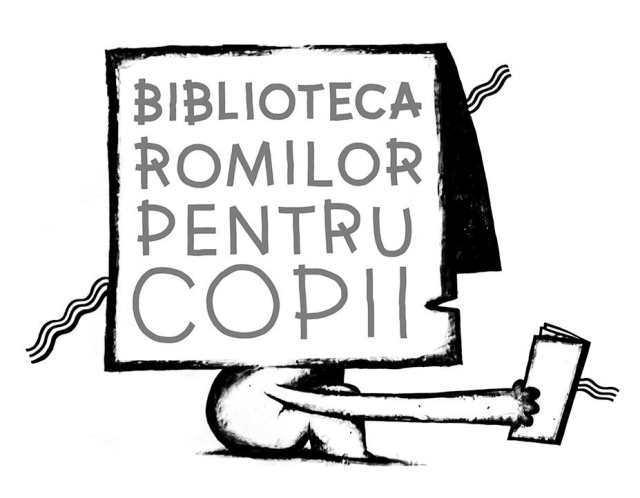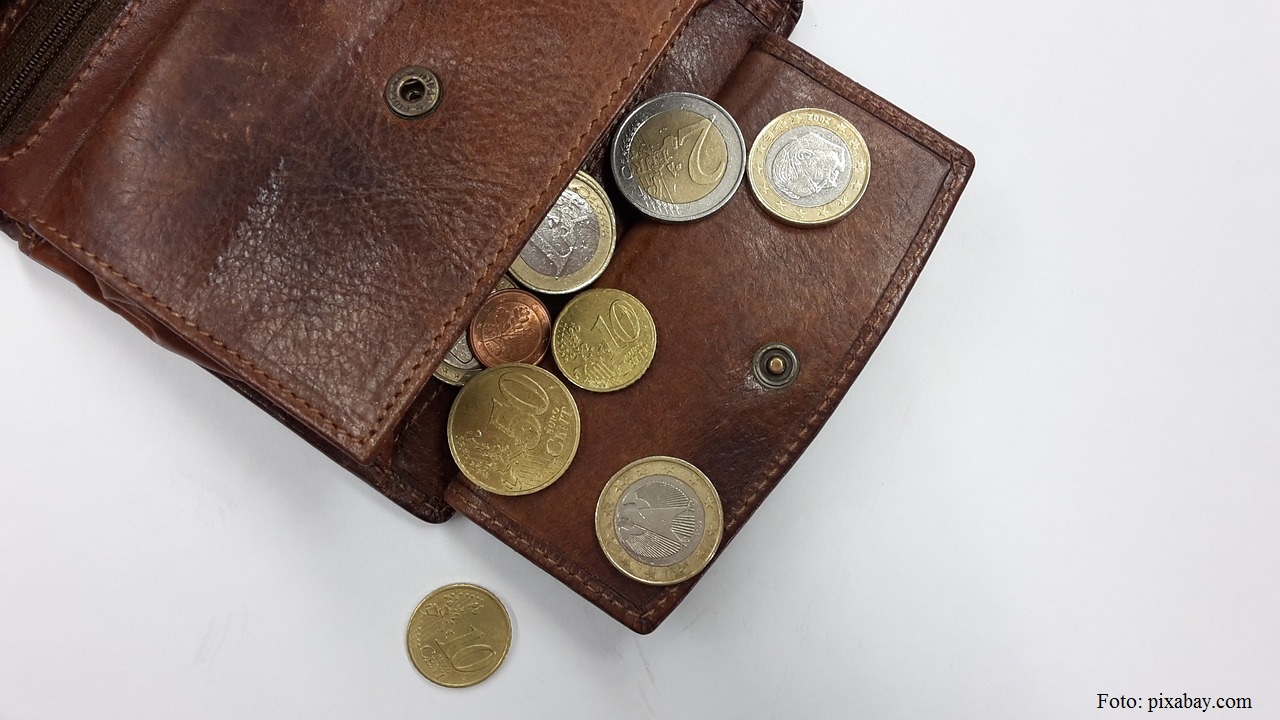A library for the Roma children in Bucharest
The Roma Childrens Library is a project that started 3 years ago

Radio România, 16.05.2019, 11:53
An underprivileged ethnic minority in economic, social and other respects, the Roma can overcome this condition, and one of the ways to do this is through culture and education. This is the idea behind the Roma Childrens Library, a project that started 3 years ago with the collaboration between the Swedish writer Gunilla Lundren, the Romanian-born Swedish book illustrator and publisher Arina Stoenescu, Thomas Acton, a Romani studies professor from the UK, and a Swedish journalist and ethnic Roma, Fred Taikon.
The library is hosted by a building which is also home to another, broader social and cultural project, called the Museum of Roma Culture, located in Giulesti, a neighbourhood in the Romanian capital city Bucharest where a lot of Roma people live. Originally, the library consisted in books, furniture and toys donated by various contributors.
It is there, on the neglected outskirts of Bucharest, where urban space merges into an underprivileged rural atmosphere, that we met writer Gunilla Lundgren. Known mostly as an author of childrens books, Gunilla set up a PEN Club, a creative writing club, for the Roma children in her home country. Based on the experiences, readings and talks within the club, she wrote 3 books and created a radio series together with the children she is working with. Given her relations with the Roma minority in Sweden, the writer found it easy to connect with the Roma children in Eastern Europe, in spite of the differences between the 2 communities.
Gunilla Lundgren: “Its many different groups in Sweden. We have what we call the Swedish Roma, who lived there for many, many years, and we have also newcomers now. We have Roma from former Yugoslavia, when the war was up they came there. We have many other groups of Roma, we have Russian Roma, and Finnish Roma, who have different religions and different languages. We have now in Sweden many people from Romania and Bulgaria, who beg on the streets in Sweden, and the Swedish Roma children found that very sad. They are not beggars, the Swedish Roma children. They live in apartments and their parents are working, and they feel lucky, they cant identify with the people who are begging. And then we discussed this a lot and we asked, ‘what is happening with the children whose mothers sit and beg in the streets? The Swedish Roma children said, ‘we must help the children, the children are in Romania. And they should not become beggars. We should give them books.‘ So the income from the books we write now in Pen Club goes into making these books that Arina helps us release, to give to the children here, because they should not become beggars.
Pioneer Press, the publishing house founded by book illustrator and translator Arina Stoenescu, marked the 3 years of life of the Roma Childrens Library with the release of a bilingual, Romanian and Romani book entitled “Happy Easter! This is the 3rd bilingual book launched by this publisher and intended for Roma children. Their author, Gunilla Lundgren, told us about the involvement and support needed for the Roma Childrens Library:
Gunilla Lundgren: “What I see is that the library is here and I think its hard work here as well, we work hard on both sides. We call this library ‘our friend library. And Arina comes here, she writes letters to our children and we write letters to the children here. So, they really feel that we are friends, they write to each other. We make exhibitions, in our library, with the letters that the children here in Giulesti write. Also, now, our children are here in photos, there are photos of the Swedish Roma children here in your library, and this makes them feel this friendship.
Luminita Ancuta, from the Museum of Roma Culture in Giulesti, sees this library as a sort of club of the children in the neighbourhood:
Luminita Ancuta: “This initiative has been beneficial, because many of the children here have parents who, for various reasons, do not have time to spend with their kids, to read to them and to help them develop this kind of skills. Since we opened the Roma Childrens Library, we have focused especially on reading activities. We simply read stories to them or together with them. The most important thing was that weve brought them here, because in this neighbourhood there is no playground or bigger park. We only have a small park next to one of the 2 schools in our neighbourhood.
Reading helps children, irrespective of their social or cultural background, to develop in several respects. It helps them concentrate, ask questions, give answers and communicate.
Luminita Ancuta: “We have been reading stories related to the history of the Roma people. When the library opened, Gunilla Lundgren also launched one of her books, entitled Sophia, which tells the story of a Roma Holocaust survivor. The book is actually designed as a bilingual, Romanian and Romani cartoon. And when we read this story with the children, we noticed that they know very little about Roma history. They were very moved by the story of the little girl who lived in a concentration camp and went through dramatic experiences. Children are very curious by nature. When they see the books on the shelves, they take them out, browse them and ask all sorts of questions. Many of them have problems reading and ask us to read for them. Sometimes they bring along their younger siblings who, even though they cannot read, copy our moves and attitudes. What we want to do here is whet their appetite for reading, because only through reading can they discover who they are.
Children discover themselves, but they discover the others as well, because the Roma Childrens Library is also open to the children who do not belong to this ethnic group and who lived in this overlooked part of Bucharest.
(translated by: Ana-Maria Popescu)






























